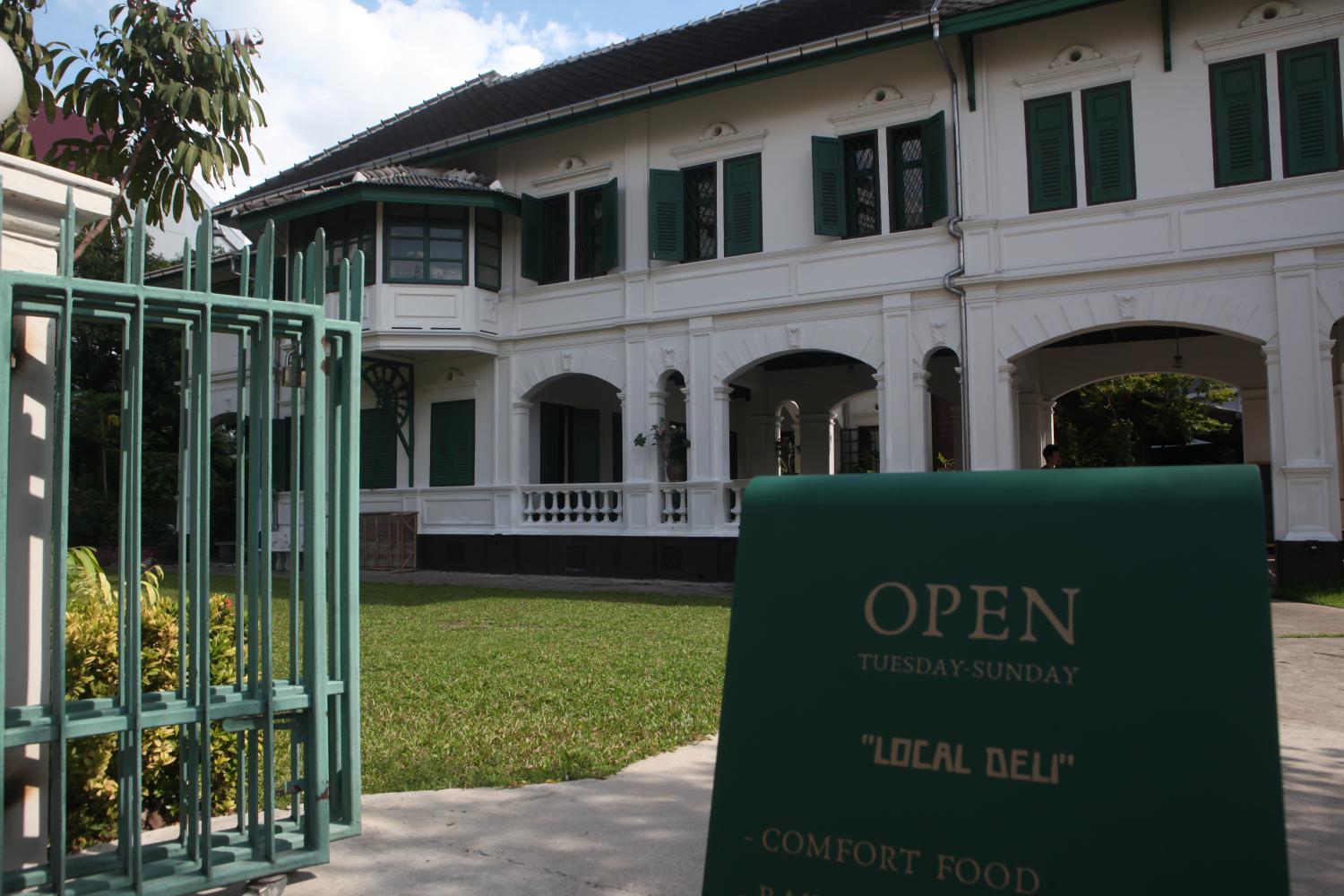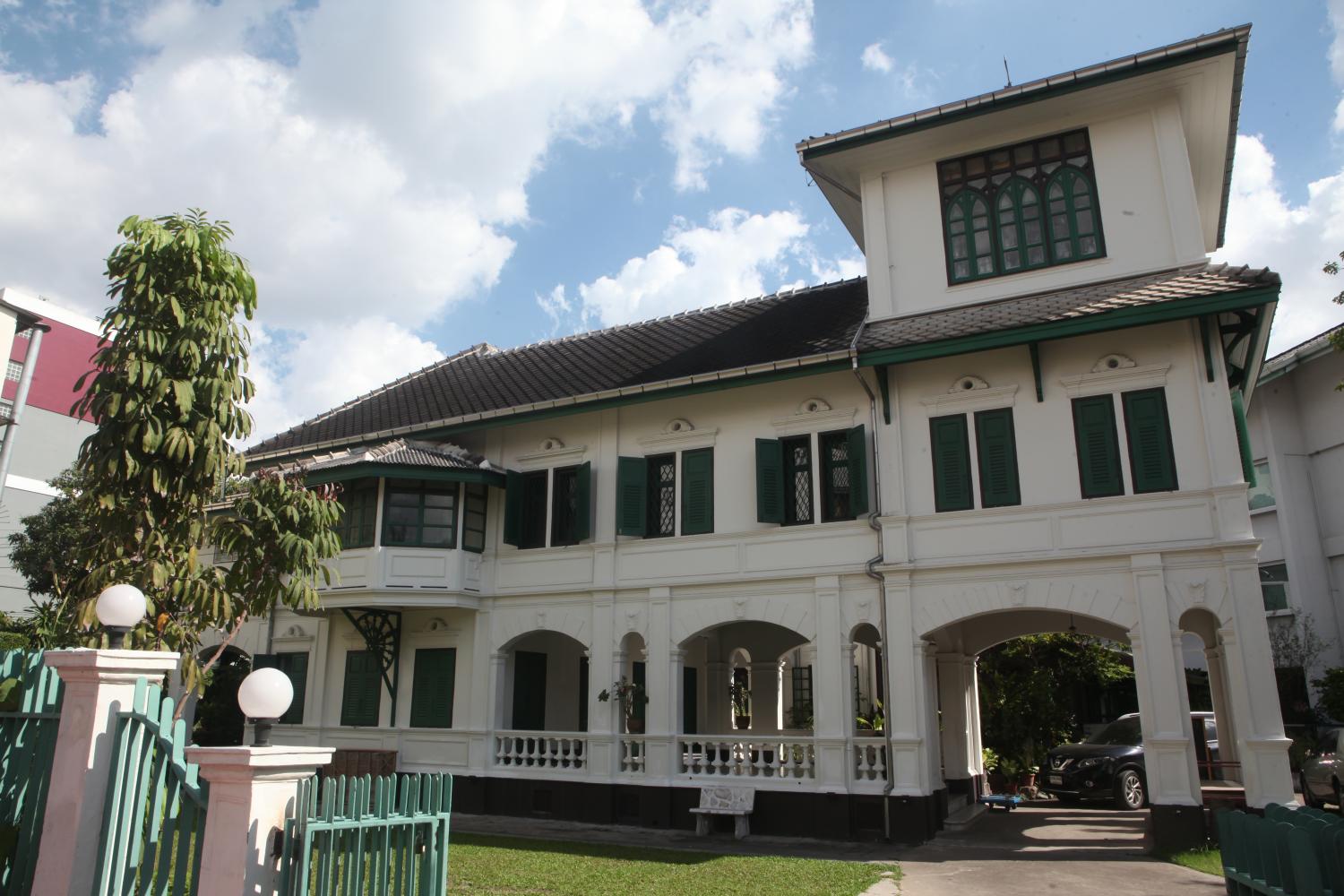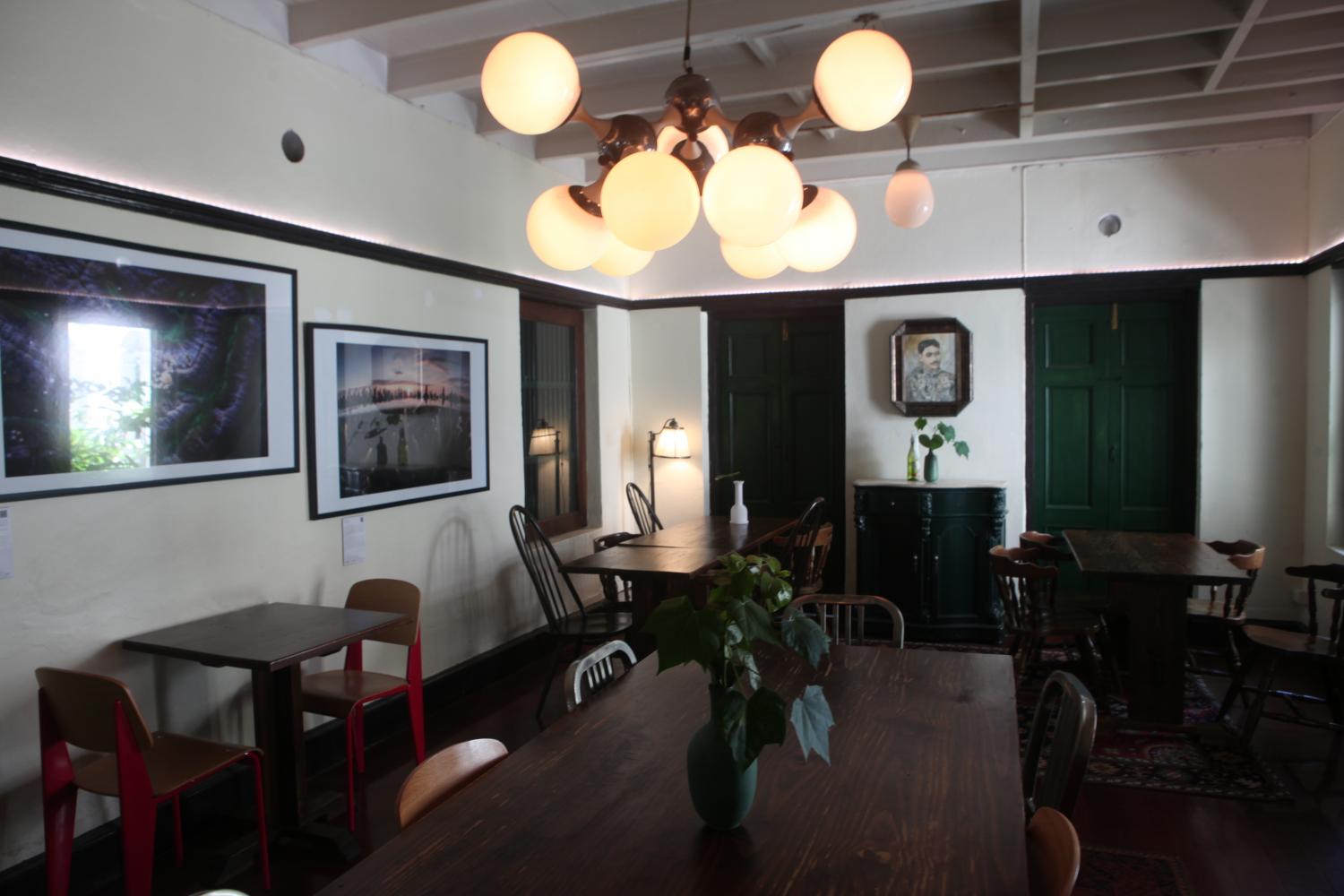Bangkok 1899 is a cultural and civic hub representing an intersection of art, design, urbanism and social innovation, established by Creative Migration, a women-led, international arts organisation based in Los Angeles and Bangkok.
Within Bangkok 1899 is Na Café, a collaborative space using food and drinks as a medium to connect, inspire and create social impact. Run by Sakson "Saks" Rouypirom (founder of Sati, non-profit platform focused on healthcare and education for children) and Diloklarp "Him" Janthachotbutr. The café is also home to The Na Projects and Guru speaks to Saks to learn more.
What is The Na Projects?
Under the Na Café, there are numerous programmes that run through, like vocational training for at-risk youth, training and workshops for urban refugees, a monthly chef's table, coffee and beverage programmes and zero waste practices.

Under the Bangkok 1899 roof, there is also an artist's registry and a cultural hub. The café is a creative social impact space; a collaborative space. We use food and beverages as a medium to explore, connect and create social impact. The café is a 'local-based concept', using everything local like local farmers, local coffee. Sustainability is a key focus and we implement zero waste. We don't use plastic and have different ways of dealing with our waste.
We work with Scholars of Sustenance [SOS] to compost our food waste. We also have a fermentation zone and we have upcycling programmes. The café also houses three chefs -- our resident Thai chef, who works with local ingredients and traditional recipes; a chef-in-residence, who right now is a Peruvian chef who works with local ingredients; thirdly are our guest or pop-up chefs, who come and work with the youth here.
We also have a suspended beverage programme -- let's say you come and buy a coffee, but you pay for two. It's like a pay-it-forward. It's free coffees or drinks for anyone who cannot afford one. The goal is give but you don't know who is going to get it.
How does this work?
Most people don't give free things without expecting something in return, it's human nature. We want to develop a culture of giving without knowing what you're going to get in return. So it can be a student, maybe one of the refugees, it can be anybody but you have no clue. It's more about the person giving than the person receiving. It's not going to change someone's life, but it may change the person's view on giving if they think about it.

Tell us more about the pop-up programmes.
Apart from the visiting chefs, we also do a farmer's market every second weekend of the month. There are no middlemen, the farmers come here and sleep here that weekend. They put up tents to sell their produce.
Though we have something going on all the time, on a daily basis we don't get that much traffic. So, we try to do different things. We have upcycling workshops where you bring your old white shirts and you can learn how to dye them.
Let's talk about the refugee dinner, which got a lot of interest at last year's World Gourmet Festival.
The dinner started off pre-Covid as a monthly dining experience at Na Café. A different family every month would cook, and we called it a supperclub because we never really promoted it. It was mainly and still is by word of mouth. Because it's a sensitive topic. We don't want all these people coming in and taking selfies. When people attend these dinners they get to talk and eat together. It's about breaking bread together.

Part of our programme is to also help teach the refugee families about costing, prepping and things one may need to open a restaurant. One of our Pakistani families, who are amazing cooks, got accepted to Canada and dream of opening a restaurant. Now when they do move, they will have the required skill set to turn that dream into a reality. It also helps us teach the kids F&B skills. We trained them to be baristas, cooks, hospitality staff, etc.
What's next for The Na Projects?
We're starting a computer lab soon offering computer skills with different classes. We run the café as a centre, because we want people to come and eat, and help with our work. We also did a monthly soup kitchen with the food donations we got from SOS. We plan to add more barista training, language classes, computer classes, cooking classes and sanitation classes. We also have art classes and an English class every Thursday, where we begin with F&B English and go on from there.
How do all these initiatives fund themselves?
The Na Café is run as a business so most of our funding is from sales of food, drinks, and activities. If it's a programme connecting to another organisation we will split costs and shares profits. Our venue is also open for rental and catering services.
- Na Café is offering a food delivery from resident chef Nu's Thai homestyle menu or chef Santiago Fernandez Muñoz's Peruvian menu (bangkok1899.org/na-cafe). Line @Na Café at Bangkok 1899, DM in IG @naprojectsgroup, FB Messenger @naprojectsgroup or call 089-164-4454.
- Alternatively, you can also help with monetary donations via SCB, EmQuatier Branch, account name: Creative Migration (East) Foundation, bank account no: 4680722898. Cheques can be mailed to "Creative Migration (East) Foundation", Creative Migration (East) Foundation at Bangkok 1899, 134 Nakhon Sawan Road, Wat Sommanat, Pom Prap Sattru Phai, Bangkok, Thailand 10100.
Bangkok 1899's space is temporarily closed until further notice to reduce the spread of the latest outbreak. Visit bangkok1899.org.

